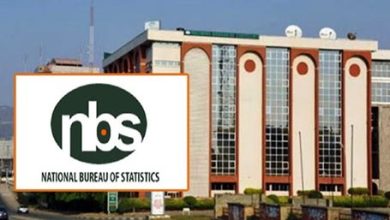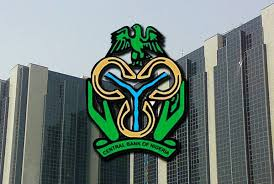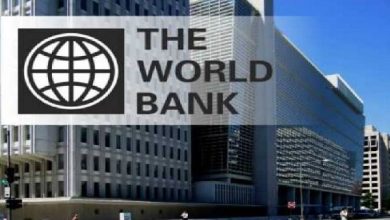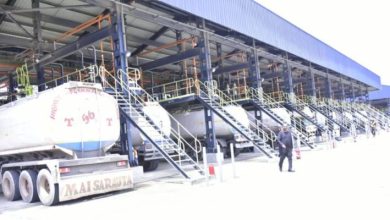Fuel Crisis Looms as Marketers Oppose Dangote’s Direct Supply Plan
Fuel marketers reject Dangote’s direct supply plan, warn of mass closures and job losses.
PETROAN urges government action, while Dangote defends move as cost-cutting and pro-consumer.
SEE ALSO: Dangote Refinery Begins Direct Fuel Distribution to Major Users
Tension is rising in Nigeria’s downstream petroleum sector as oil marketers have rejected Dangote Petroleum Refinery’s plan to distribute fuel directly to petrol stations and bulk buyers, bypassing traditional distribution channels. The move, set to begin on August 15, 2025, has been fiercely opposed by the Petroleum Products Retail Outlets Owners Association of Nigeria (PETROAN), which warned it could lead to widespread job losses and the collapse of thousands of fuel outlets.
In a strongly worded statement, PETROAN claimed that over 2,100 petrol stations face imminent shutdown if the refinery proceeds with its direct supply strategy. According to the association’s Publicity Secretary, Joseph Obele, the decision by the Dangote Group represents a threat to market fairness and would destroy the fragile ecosystem of independent marketers already struggling under deregulation.
“This model sidelines existing supply chains and gives Dangote undue market dominance,” the group warned. “We’re not against competition, but this is a route to monopoly that could crash an entire industry segment.”
The Dangote refinery, designed to meet Nigeria’s domestic fuel demand and export excess supply, is reportedly launching a fleet of over 4,000 compressed natural gas (CNG)-powered trucks to manage its own logistics, effectively replacing traditional transport operators. PETROAN warned that this development could result in massive job losses across the fuel transport and distribution value chain, including tanker drivers, loading agents, and depot workers.
Dr. Billy Gillis-Harry, President of PETROAN, emphasized that the refinery’s vertical integration would weaken existing retail and storage infrastructure, including tank farms and modular refineries, many of which are already underutilized due to market shifts.
He called on the Nigerian Midstream and Downstream Petroleum Regulatory Authority (NMDPRA) and the Minister of State for Petroleum Resources to urgently intervene. “Price control and fair competition mechanisms must be put in place. The market cannot survive unchecked dominance,” he stressed.
Since deregulation began, over 4,900 fuel outlets have reportedly shut down, with 70 tank farms and 95 jetties now idle. PETROAN said investors who built infrastructure to support fuel importation are seeing their investments rendered obsolete as Dangote’s model bypasses legacy systems.
However, the Dangote Group has defended its approach, stating it aims to cut out middlemen, reduce pump prices, and expand fuel access, especially in underserved rural areas. The company said its plan includes free delivery, credit facilities for bulk buyers, and the rollout of daughter CNG booster stations to support last-mile distribution.
“This is not about creating a monopoly,” the company said. “We are committed to energy reform. By reducing distribution costs and offering direct sales, we are supporting the Renewed Hope Agenda of President Bola Tinubu and delivering affordable fuel to Nigerians.”
Industry voices remain divided. Prof. Wumi Iledare, a petroleum economist, argued that Dangote’s initiative reflects vertical integration, not monopolization. He believes it could lead to lower fuel prices and improved supply efficiency across the country.
Interestingly, the Independent Petroleum Marketers Association of Nigeria (IPMAN) offered a contrasting view. Chinedu Ukadike, the association’s publicity secretary, welcomed the move, saying it could extend fuel distribution to remote areas and open new employment avenues.
As the August 15 rollout approaches, all eyes will be on the government’s response. Will it step in to regulate Dangote’s influence or allow market forces to shape a new era in Nigeria’s fuel distribution landscape?



